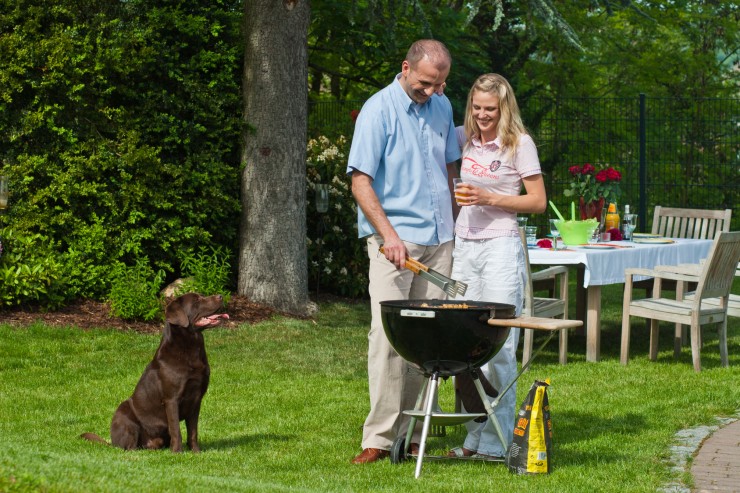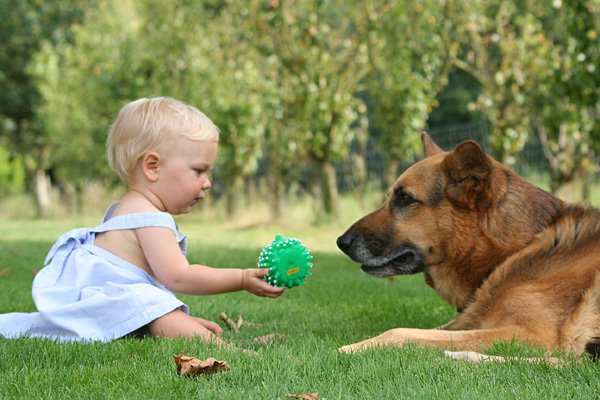
There are two causes of bloody stools in dogs. Melena is the blood that a dog has digested. It appears as a dark color. Hematochezia is thought to be fresh blood appearing in the stool. This is a more minor issue than melena. To diagnosis the true cause of a bloody stool in your dog, a veterinarian visit is necessary.
1024x768 Normal 0 false false false /* Style Definitions */ table.MsoNormalTable {mso-style-name:"Table Normal"; mso-tstyle-rowband-size:0; mso-tstyle-colband-size:0; mso-style-noshow:yes; mso-style-parent:""; mso-padding-alt:0cm 5.4pt 0cm 5.4pt; mso-para-margin:0cm; mso-para-margin-bottom:.0001pt; mso-pagination:widow-orphan; font-size:10.0pt; font-family:"Times New Roman"; mso-ansi-language:#0400; mso-fareast-language:#0400; mso-bidi-language:#0400;}燱hen you notice blood in the stool of your dog, you may also notice your dog lacking energy and experiencing instances of incontinence. Restricting food will stop the diarrhea and help the intestines heal. Parasitic infestation will be obvious because the diarrhea will not stop until the right medical treatment is given.
?/p>
Other causes of bloody stools in dogs include infections, medications, foreign objects swallowed by the dog, and cancer. Hemorrhagic gastro enteritis is a metabolic disorder that can produce bloody stools in your dog. All of these, along with ingesting blood of heavy metal material, will bring about melena. When your dog is presenting bloody stools, also check for pale gums, lack of appetite, weight loss, and frequent thirst and urination. Get your dog to the vet as soon as possible as there are other problems that can be present.
?/p>
Diarrhea that continues for more than 24 hours needs to be treated medically. First, you can try feeding a bland diet of potato and rice. It may help, but if not, call your vet.
?/p>
Your vet will conduct such tests as urinalysis, stool sample diagnosis, biochemical work up, ultrasound, X-rays, and blood tests. These are the tests needed to properly diagnose the reason for the bloody stools in your dog. Treatment will depend on the problem.
?/p>
Some dogs can be treated at home if their condition is not severe. Particularly ill dogs will need to be kept overnight at the animal clinic. Once you have your dog back at home, you抣l most likely have dietary instructions from the vet. You need to follow these to the letter, as well as properly administer any medication your dog may have been prescribed. If there抯 no improvement, call your vet for further guidance. In the meantime, provide a calm environment for your dog and make sure he gets plenty of rest to help heal.
?br />
 Summer Safety Tips - Your Dog And Your Barbecue
Summer Safety Tip
Summer Safety Tips - Your Dog And Your Barbecue
Summer Safety Tip
 Reasons Why Cats Are Easier To Look After Than Dogs
Reasons Why Cats
Reasons Why Cats Are Easier To Look After Than Dogs
Reasons Why Cats
 Top Tips For Dogs That Live In Apartments
Top Tips For Dogs
Top Tips For Dogs That Live In Apartments
Top Tips For Dogs
 Is Your Salamander Overweight?
Is Your Salamande
Is Your Salamander Overweight?
Is Your Salamande
 Buy Your Own Chicken Houses – Eat Organic Eggs Everyday
Buy Your Own Chicken Houses – Eat Organic Eggs Everyday
Buy Your Own Chicken Houses – Eat Organic Eggs Everyday
Buy Your Own Chicken Houses – Eat Organic Eggs Everyday
Copyright © 2005-2016 Pet Information All Rights Reserved
Contact us: www162date@outlook.com